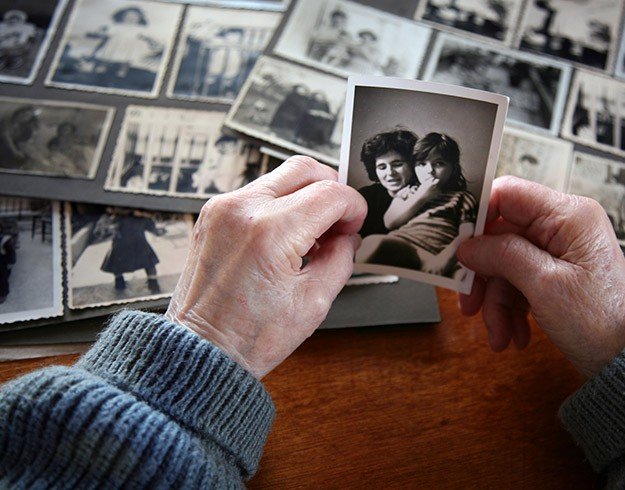B.Comm(Mgt), GradCertSci., M.Clin.Aud.,MAudSA(CCP)
Mona’s career has seen her work in a wide range of audiological areas, including paediatrics, diagnostics and tinnitus counselling, where she ultimately developed a passion for adult rehabilitation and helping not simply hearing care clients but developing the skills of our network of clinicians. Mona’s consistent relationship-focused ability to train and foster the talents of all client-facing team members saw her move into State Management and national training roles, before advancing to her current role as Chief Audiologist and Head of Clinical Governance and Training for the entire Audika Clinical Network across Australia and New Zealand.
Mona’s focus is now on ensuring every client that Audika interacts with is achieving a better quality of life, through a clinically consistent, professional and high-standard of care provided by all clinical team members. This client outcomes focus is the key driver in developing and reimagining the future of modern hearing care at Audika.













